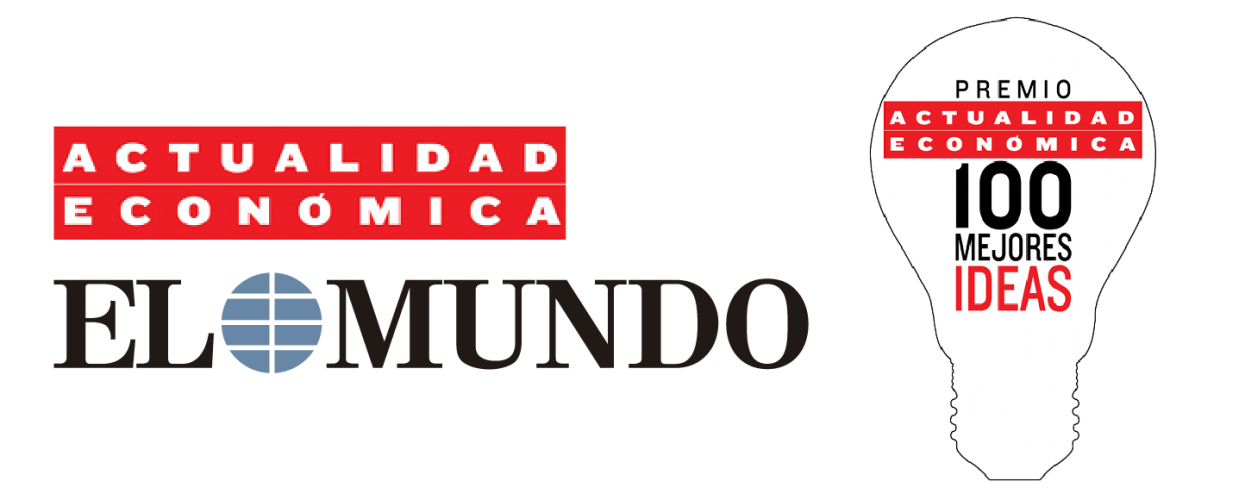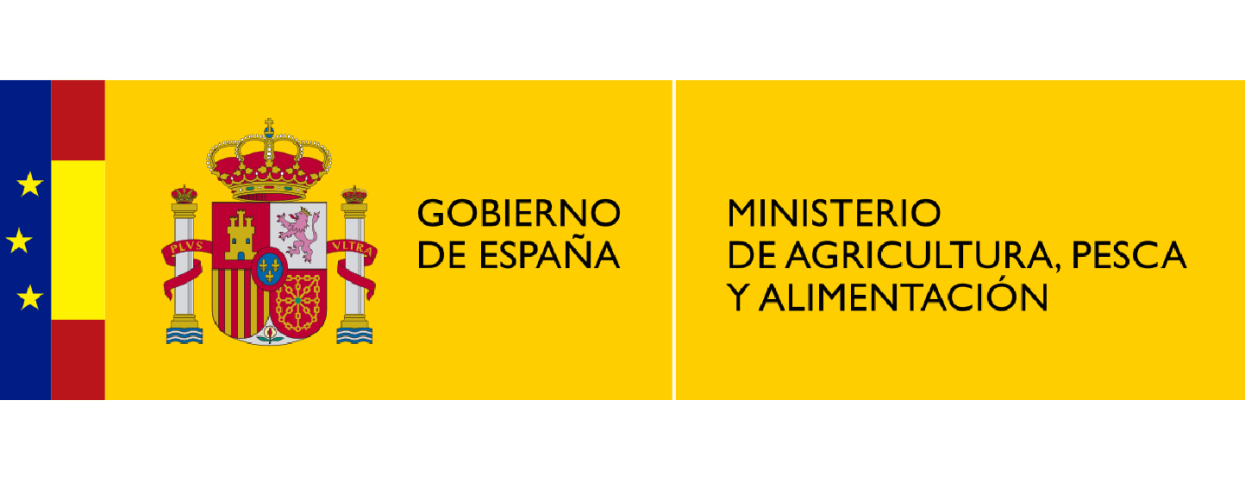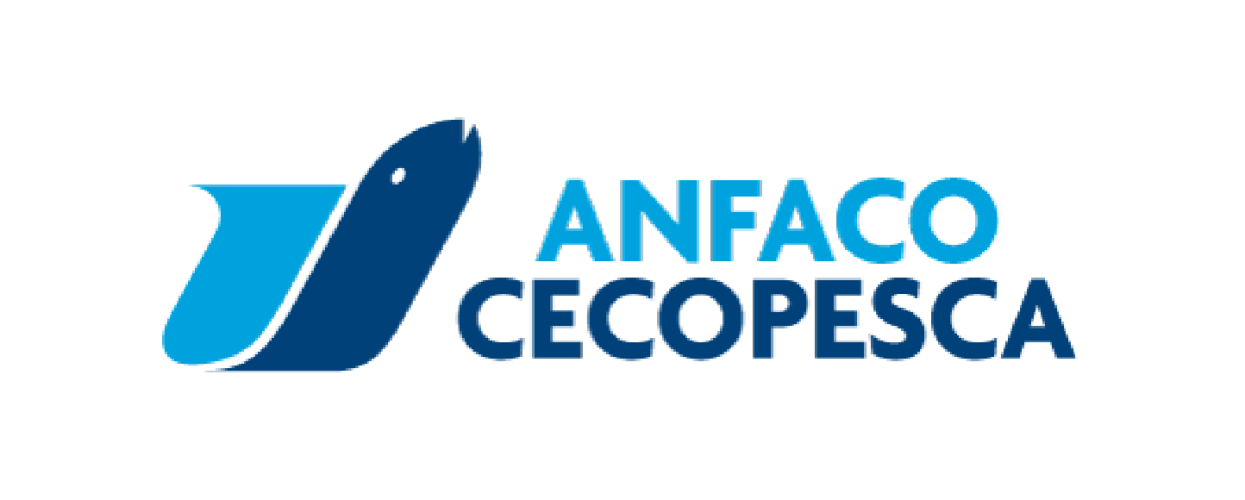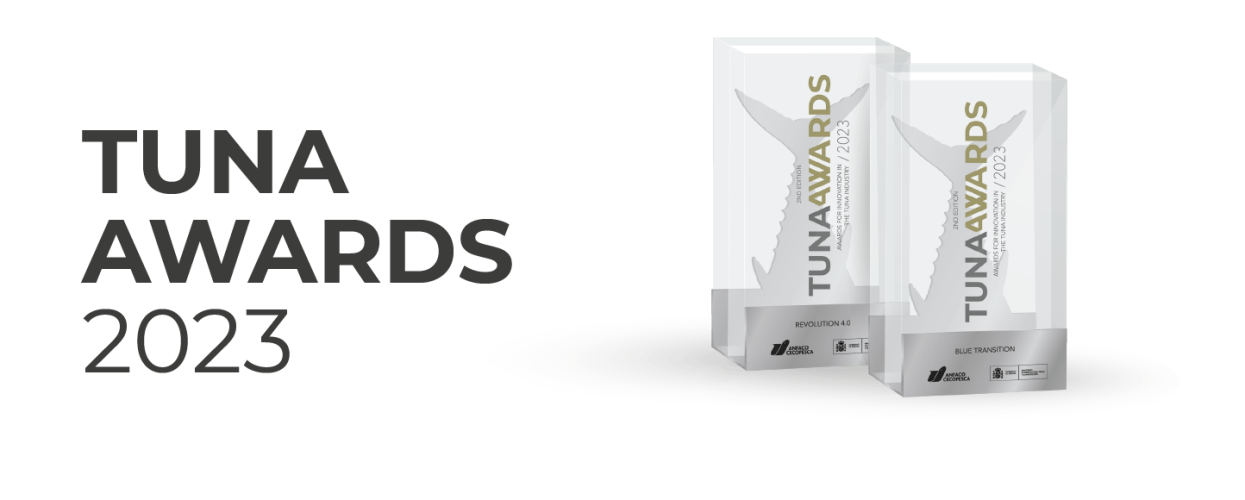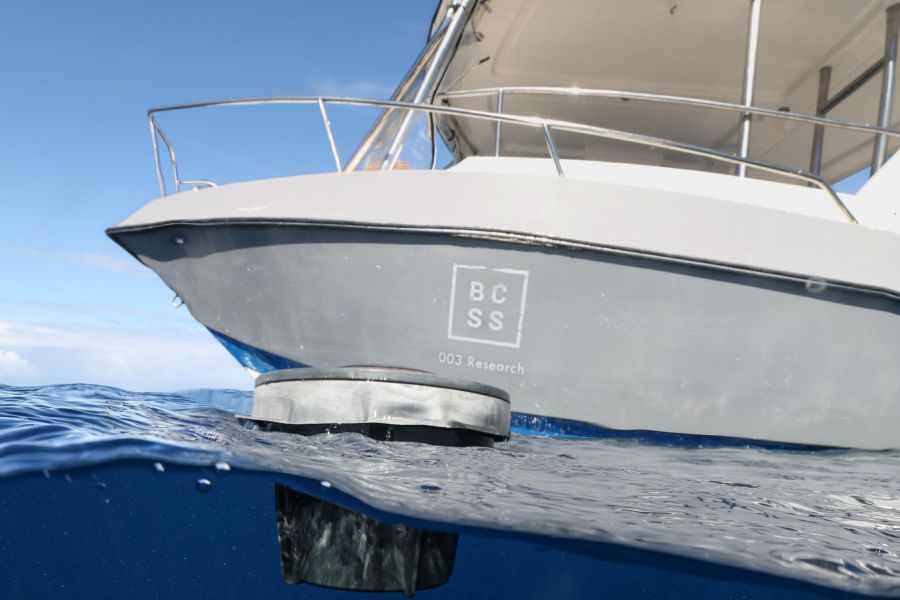
PROJECT RECON
A SECOND PURPOSE FOR END-OF-LIFE FISHING BEACONS
PROJECT RECON
A SECOND PURPOSE FOR END-OF-LIFE FISHING BEACONS

PROJECT RECON: WHAT IS IT ABOUT?
Unique and pioneering in the sector worldwide, Project ReCon is a reuse and recycling project for those smart buoys that, due to the sea currents, drift out of fishing areas and become unrecoverable for fishing companies. Satlink is working to ensure that these buoys do not become technological waste by creating a network of international collaboration between the tuna industry and organizations that work in local communities on the conservation of natural spaces and long-term sustainability.
The recovery, recirculation and life extension of these buoys reduces the environmental impact of fishing while actively facilitating coastal protection. It also improves the dialogue between fishing companies and local partner organizations.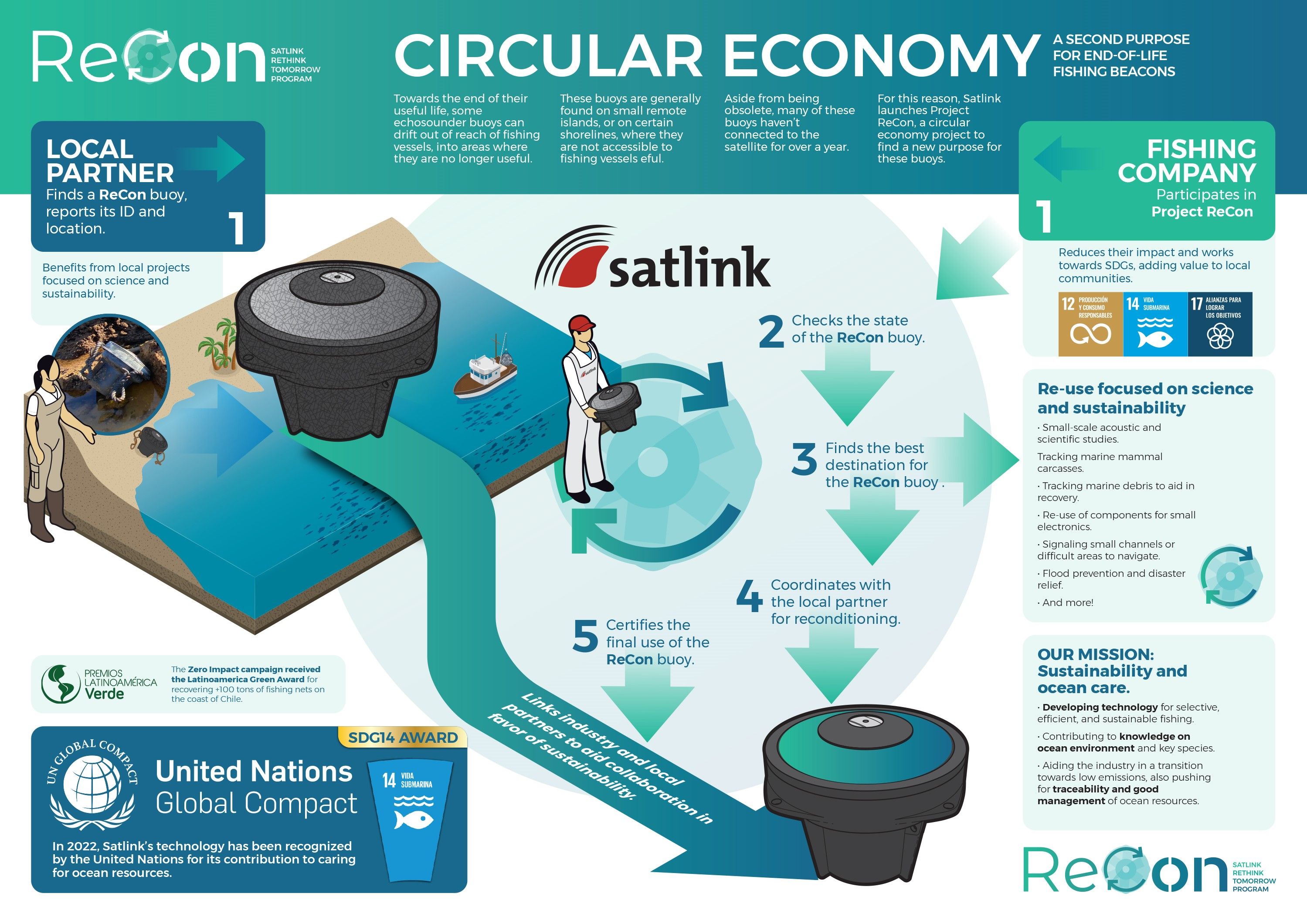
LEADING CIRCULAR ECONOMY
IN THE MARITIME SECTOR
Project ReCon was first established in Australia, with our local partner Tangaroa Blue Foundation (TBF), founding partner of the Australian Marine Debris Initiative (AMDI). With their invaluable help and expertise, we worked together to lay the groundwork for the project, and the first buoys began to be reused as part of a marine debris tagging project aimed at protecting Australia’s Great Barrier Reef.
Since then, Project ReCon has expanded and evolved, becoming a shining example of how cross-sector collaboration can contribute to fisheries sustainability as a whole. Nowadays, ReCon is proudly present in the three tropical tuna fishing oceans, over 20 countries and territories and buoys are being reused in a wide variety of initiatives. Project ReCon expands
across all three tropical tuna oceans
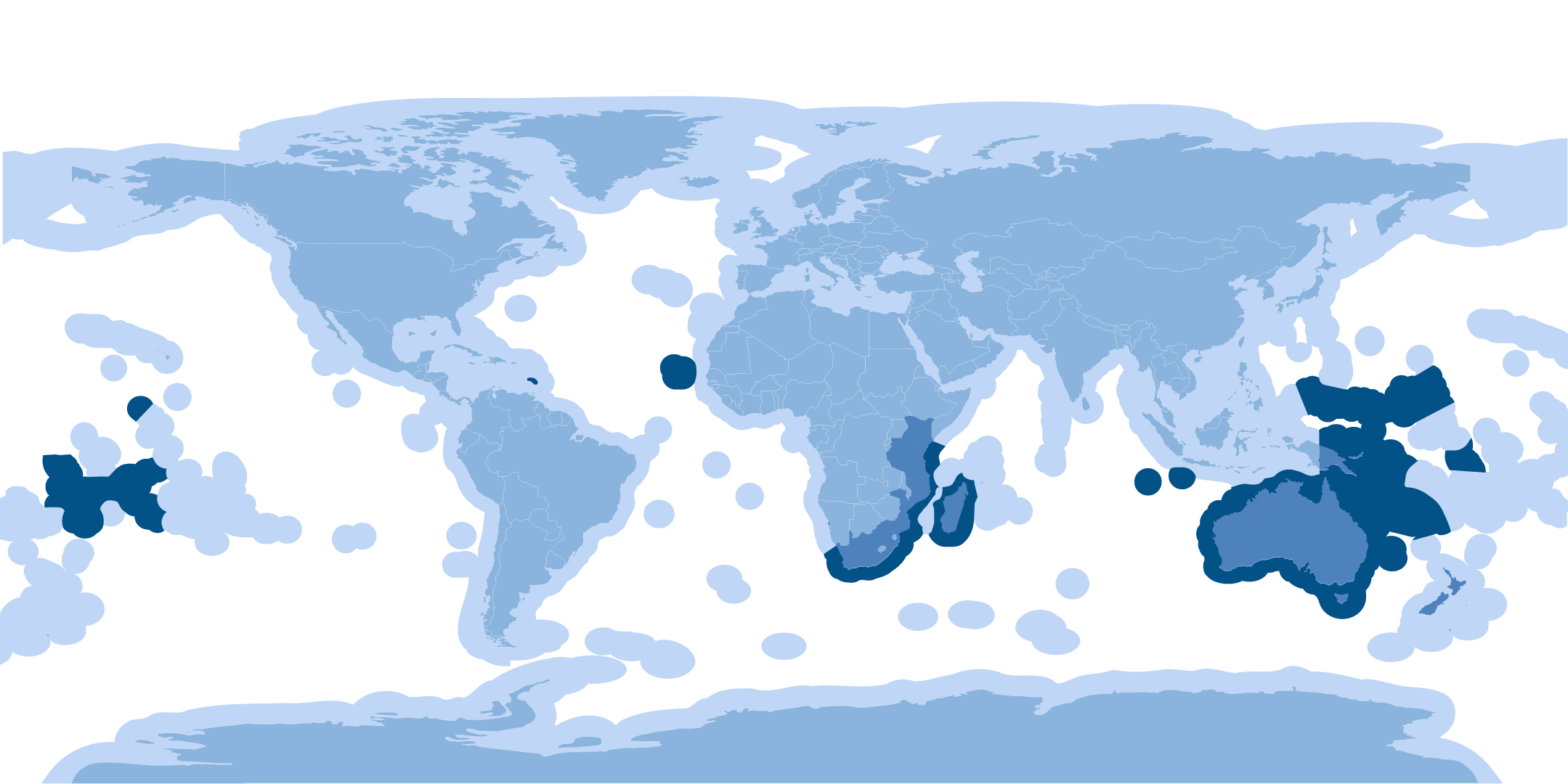
SAMOA
TONGA
AMERICAN ISLAND
COOK ISLAND
PALMIRA ATOLL
St Vincent & the Grenadines
MOZAMBIQUE
SOUTH AFRICA
MADAGASCAR
TANZANIA
KENYA
cape verde
CHRISTMAS ISLAND
COCOS KEELING ISLAND
AUSTRALIA
PAPUA NEW GUINEA
Federated States of Micronesia
SOLOMON ISLAND
MARSHALL ISLAND
NEW CALEDONIA
TUVALU
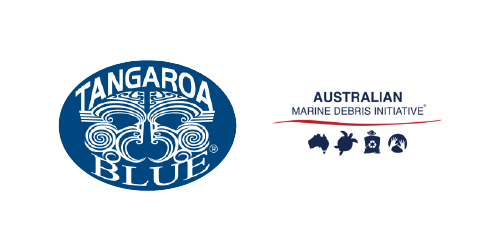
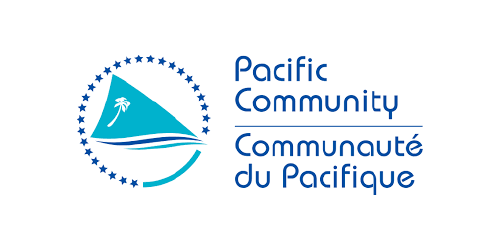
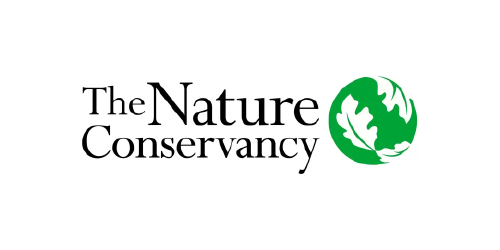
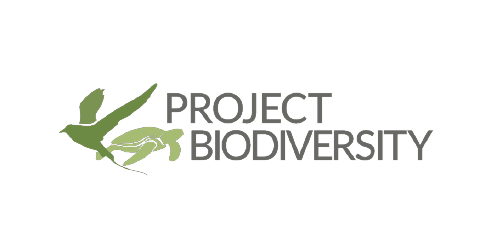
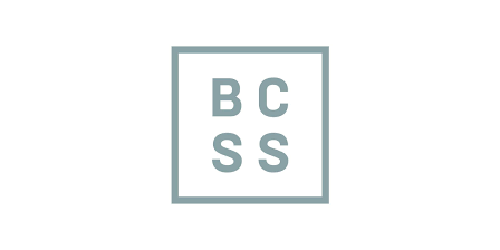
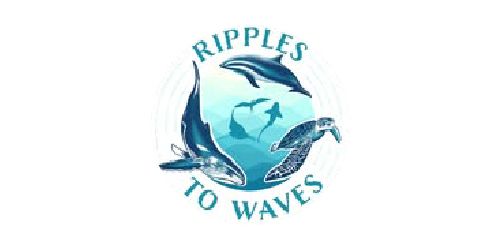
Some participating fishing companies
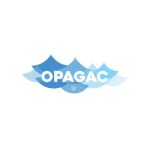
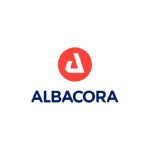
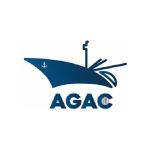
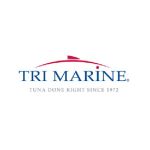
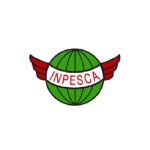
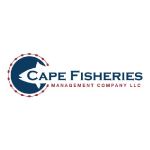
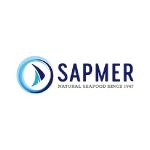
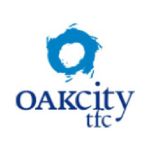
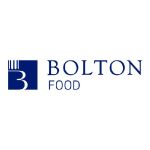
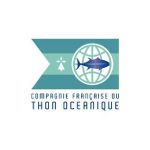
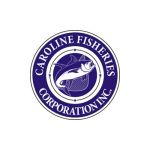
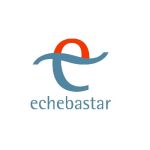
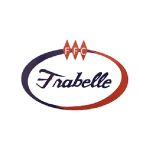
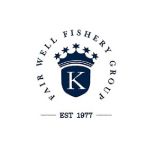
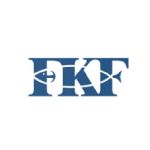
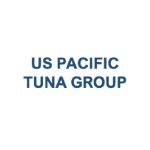
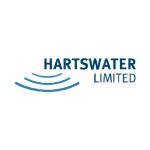
Ongoing Initiatives
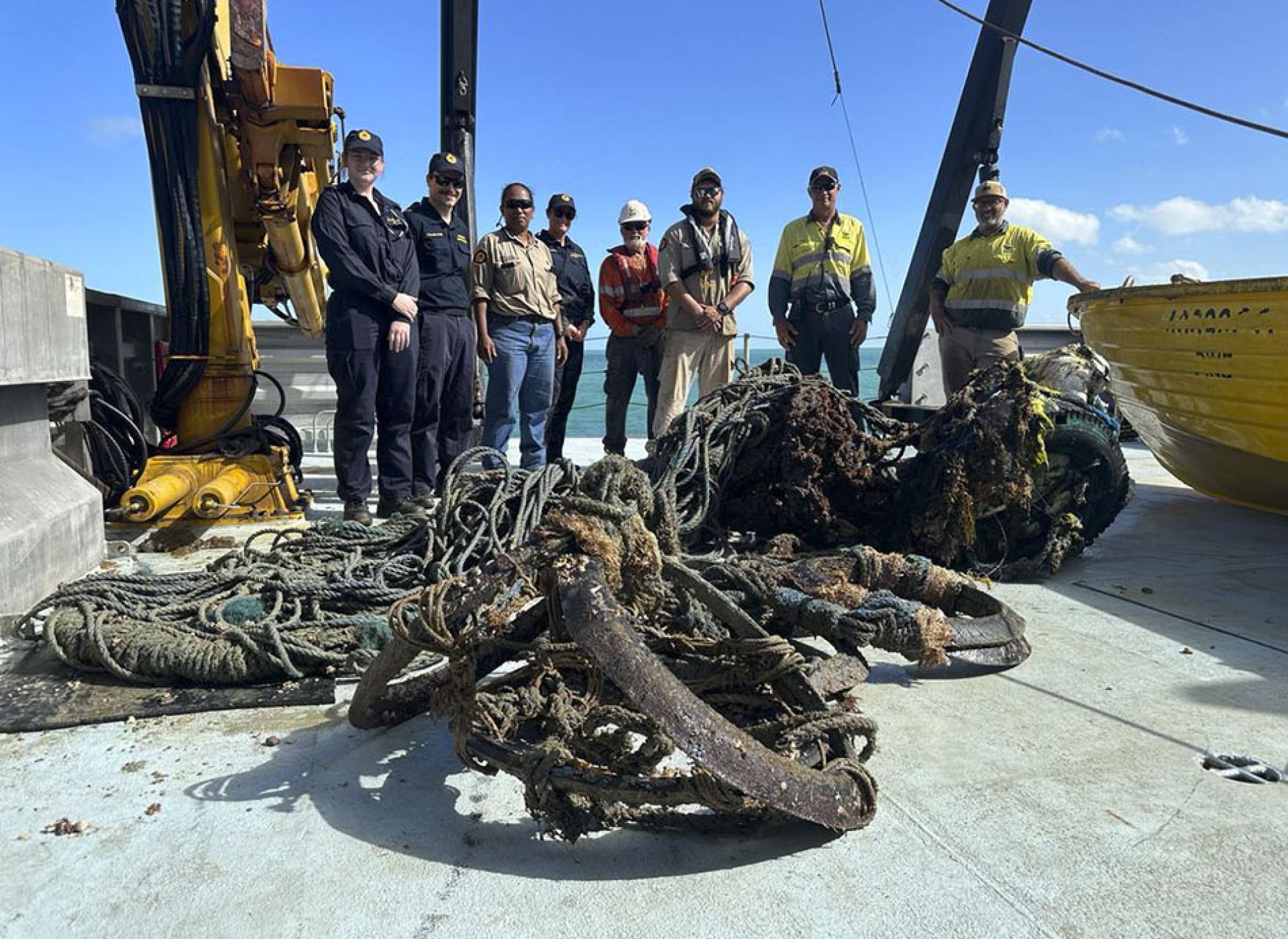
Ghost Net Trackers
Through Tangaroa Blue Foundation, yachts and charter boats working on the Great Barrier Reef can host a ReCon buoy, keeping it on board as they navigate along the coastline. If they discover a ghost net on their voyage, they can promptly attach the ReCon buoy, allowing TBF to track the net’s movement in real-time. This convenient solution minimizes the risk of the ghost net drifting away or entangling on the reef before removal efforts can be organized. Thanks to ReCon buoys, it is possible to keep the ghost net monitored at all times and coordinate timely and efficient responses, engaging authorities such as Indigenous Rangers and the Australia Border Force for swift removal actions. Already more than 7 tons of ghost nets tagged with ReCon buoys have been brought back to shore!!
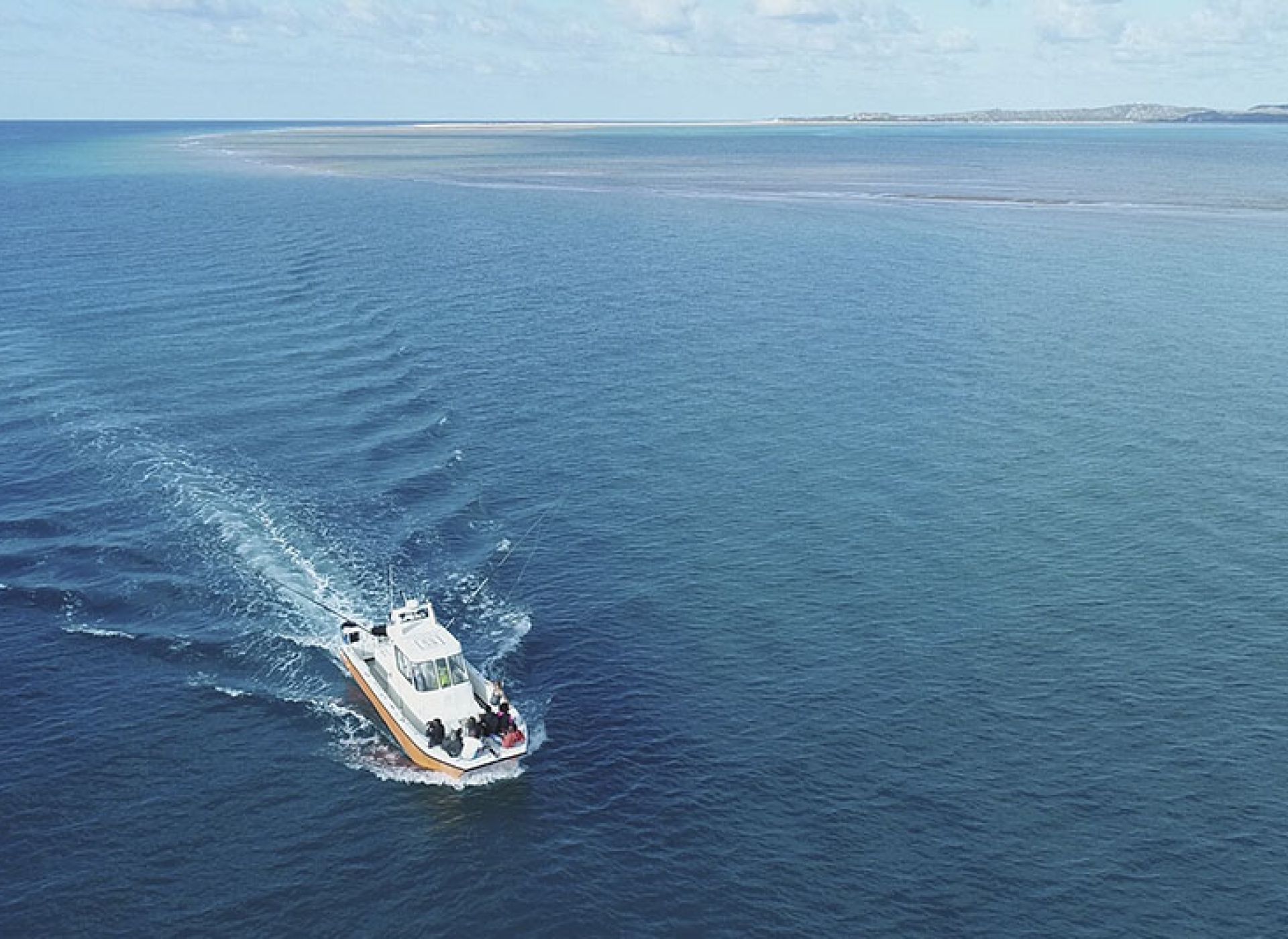
Enhancing oceanographic studies
Bazaruto Center for Scientific Studies (BCSS) in Mozambique, uses the recovered and reconditioned buoys and sensors to enrich the oceanographic data collection of its Ocean Observatory infrastructure, with the aim of understanding and facilitating scientific data to protect the Western Indian Ocean region marine habitats.
Specifically, the Ocean Observatory is using these devices to enrich its time-series observational oceanography studies on ocean temperature, and seawater chemistry variables (e.g. to track ocean acidification), with time-series of marine life biomass measurements in the water column to analyze its evolution and the impact of different environmental factors.
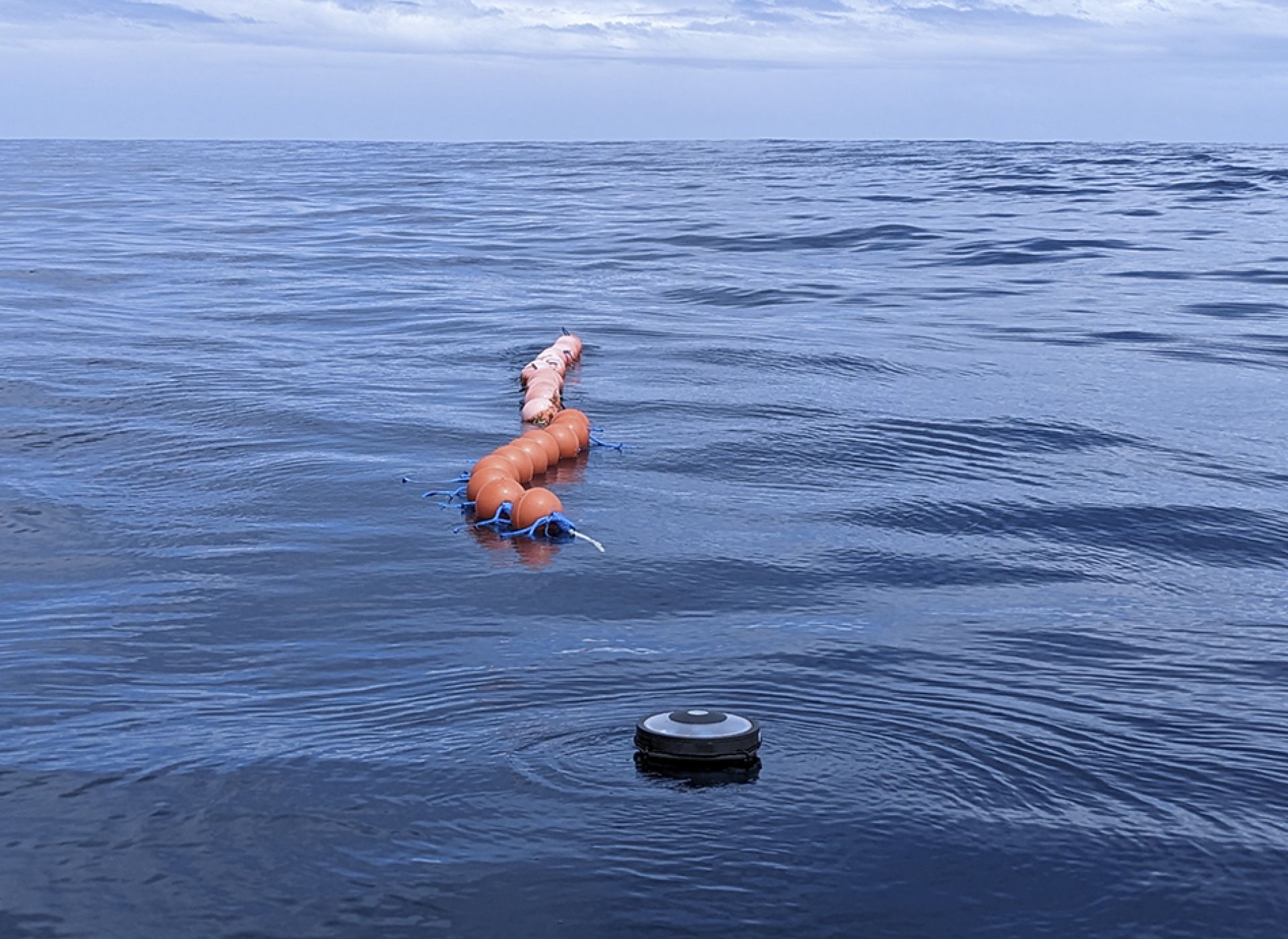
Supporting artisanal fisheries
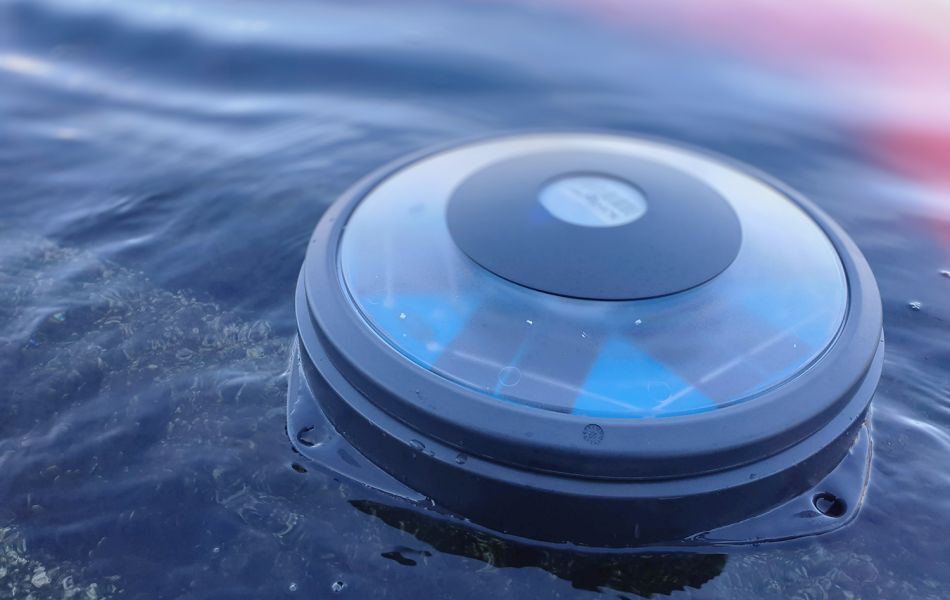
Designing a World-first ocean e-waste
recycling program

Keeping up
to date with ReCon
2022
DIC
2023
Jun
Aug
Aug
Sep
Sep
2024
Feb
Mar
May
Jun
Aug
Dec
2025
Mar
APR
MAY
Awards & Recognitions
